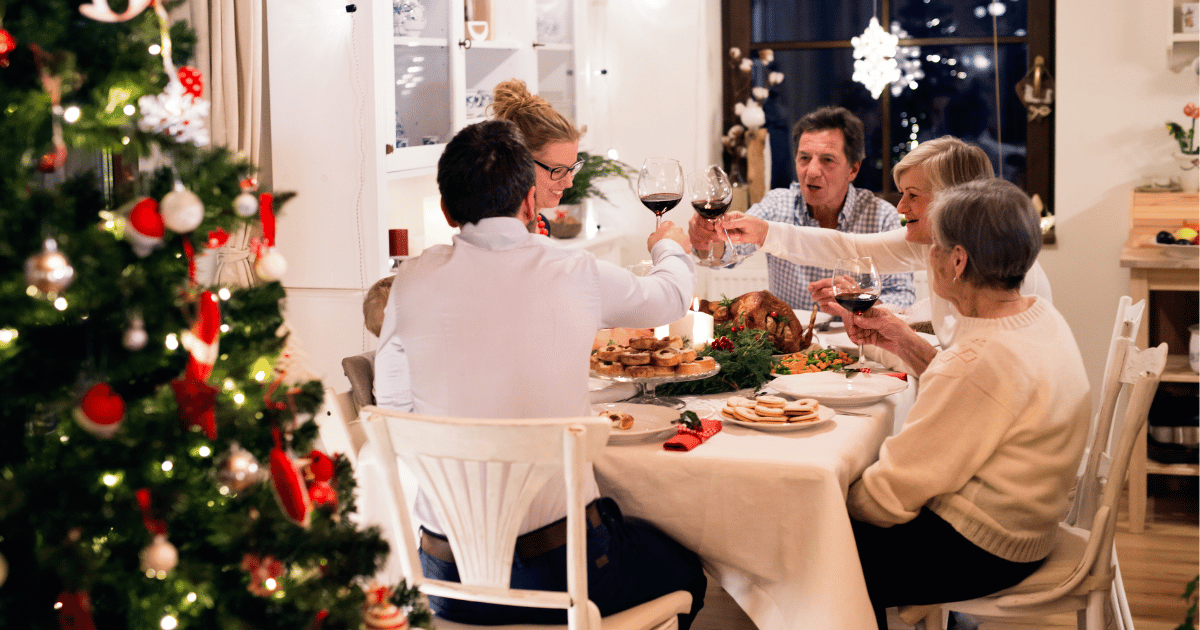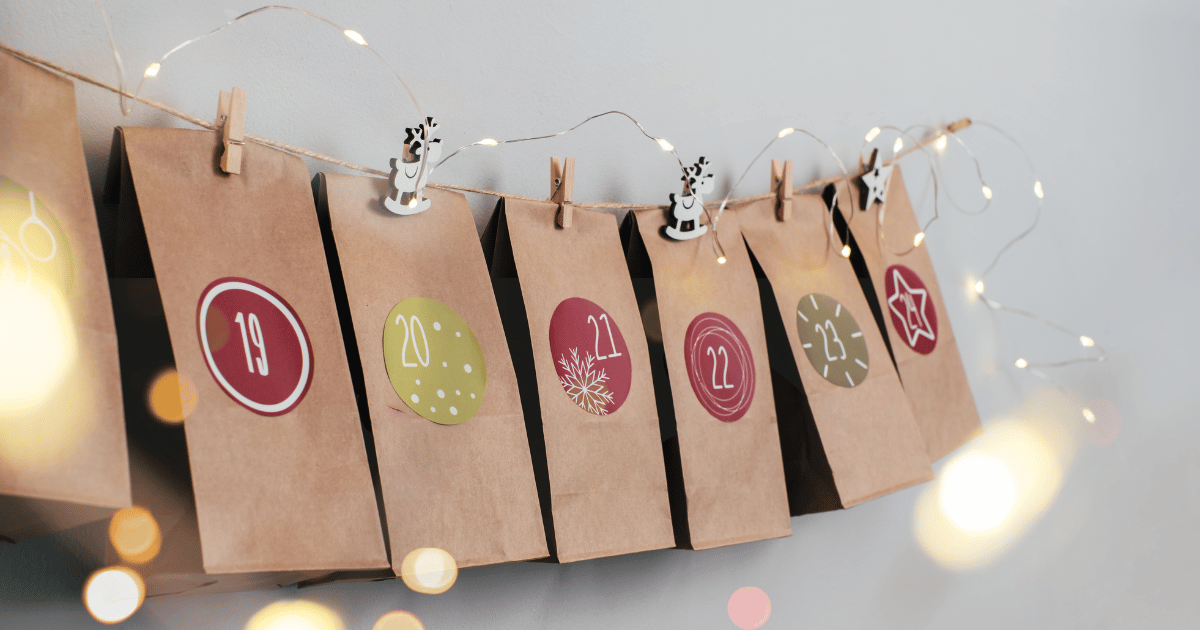How to Have a Happier, Kinder Christmas
Embrace a joyful, kinder Christmas with expert speaker Steph Peltier's tips on letting go of perfection, focusing on gratitude, and spreading kindness.
Embrace a joyful, kinder Christmas with expert speaker Steph Peltier's tips on letting go of perfection, focusing on gratitude, and spreading kindness.

This PepTalk article is written by expert speaker Steph Peltier, a science of happiness expert, on a mission to help people reprogram their brains for more resilience, confidence and clarity. We hope you enjoy her take on a kinder holiday season.
Christmas is just around the corner; once more, we are embarking on a festive rollercoaster. The season has many ups, our streets and homes wrapped with beautiful decorations, the children’s joyful anticipation, and the many pre-Christmas festivities with colleagues and friends. And with it also come the downs, such as the endless to-do list (from wrapping up professional responsibilities to planning the perfect celebrations), the need to satisfy everyone, the family reunions with their inevitable tensions and sometimes even a massive sense of loneliness.
I spent years relying on my good friend “the glass of wine”, hoping that drinking my way through Christmas would allow me to take it easy and surf through the festive period, avoiding the pressure to make everything perfect and the comments from my mother-in-law… There is no need to say that this strategy never led to a truly happy Christmas!
Here are four tips to make it through Christmas: keeping your sanity, being authentic to who you are and most importantly, embracing the joy, love and sharing that the spirit of Christmas promises.
Perfectionism is the toxic behaviour that most affects our ability to be happy. The only certainty we have is that life is uncertain, and things hardly ever go to plan! Setting extremely high expectations can only lead you to a sense of dissatisfaction or, worse, failure.
And remember, traditions can be broken; it is not the end of the world if your usual 80 Christmas e-cards are not sent this year or if you decide to simplify the menu to enjoy more time around the table with your friends and family. Go for good enough: Christmas is not about being the best but about trying your best to share happiness.

Allow others to be disappointed by their present or the “too dry” turkey! It’s OK; we acknowledged that we are not going for perfection. It is not your job to keep everyone happy. What matters is that you genuinely tried. It’s an opportunity to allow others to be who they are, too.
Again, this is about managing expectations; do not expect people to change for Christmas. They are who they are, with their qualities and their flaws. Your mother-in-law still might fire cutting remarks at everyone; no surprise there. Let her be, let go, and just focus on what makes you feel good. The holiday season is not the time to solve family issues, frustrations, and upsets. Accept what is there and make the most of it.

Try to focus your thoughts on all the good things about Christmas, the opportunity to engage in loving, kindness, generosity and gratitude. It is the ideal period to show appreciation for what you have right now (and forget about what you don’t have).
Why not start a Christmas gratitude calendar? The concept is similar to an advent calendar, except the container for each day is empty and is to be filled with a little note from each family member with something they are grateful for. Reading through all the things everyone is grateful for together would be energising, fun and likely to bring love and happiness.

Christmas can sometimes trigger a feeling of guilt when we realise that there are so many others who are lonely, feeling unwell or underprivileged. It is the perfect time to spread kindness, get involved with a local charity or community, simply visit a lonely neighbour, or send flowers to a friend...

There’s a lot of scientific research out there demonstrating the kindness-happiness loop. Being kind to someone not only raises the happiness level of the receiver but also activates your dopaminergic reward circuits; in other words, it contributes to your own happiness, too. Science also suggests that kindness is one of the most contagious social behaviours in your repertoire. Go ahead, be kind! Kindness is good for you and the world around you.

Steph Peltier is a science of happiness expert, on a mission to help people reprogram their brains for more resilience, confidence and clarity. Her highly practical and scientific tools give rapid results. If you’d like to book a PepTalk for your team from Steph, drop us an email.